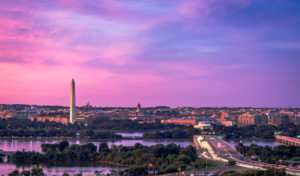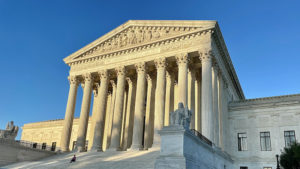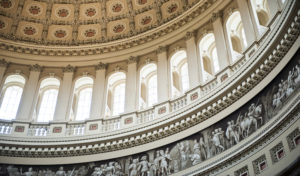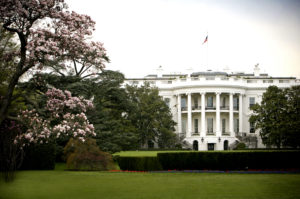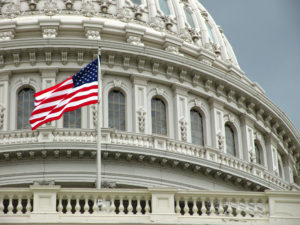The Biden Administration Should Not Sunset the Sunset Rule
Repealing the Sunset Rule would burden small businesses and violate the law.
Safeguarding the Right to Vote Through a Strong Regulatory System
Increased voter participation requires a regulatory system that invites public engagement.
Important Changes at the Intersection of Antitrust and Administrative Law
Supreme Court changes in administrative law create uncertainty for new antitrust guidance from federal regulators.
Administrative Law Essay Competition Winners
Two essays by the student winners of a Penn Law essay competition describe important regulatory issues.
Regulatory Engagement is Due for an Upgrade
Improving comment solicitation and fixing Regulations.gov will enhance access to the regulatory process.
Beyond OIRA for Equity in Regulatory Process
OIRA should use both top-down and bottom-up approaches to advance equity at the agency level.
Democratic Innovation to Improve Agency Rulemaking Comments
Agencies should consider new tools to expand access to public opinion in the rulemaking process.
Balancing Public Engagement and Agency Action in a Changing World
Regulators facing challenges such as climate change must balance obtaining public input with acting effectively.
Marginalized Groups and the Multiple Languages of Regulatory Decision-Making
Agencies must incorporate insights from marginalized communities to empower them.
Reimagining the Public’s Role in Agency Rulemaking
Congress should tailor the notice-and-comment process for more meaningful public participation.
Institutionalizing Equity in Agency Decision Making
By creating internal rules on rulemaking, agencies can increase underserved communities’ access and participation.
Regulatory Reform, Benefit-Cost Analysis, and the Poor
OIRA should add a benefit-cost analysis focused on protecting the poor when evaluating new agency rules.

